In today’s health-conscious and sustainable world, more and more people are turning to organic foods. One such nutritious and flavorful option is organic pasta. Made from high-quality grains carefully grown without the use of harmful pesticides or synthetic fertilizers, organic pasta offers a plethora of benefits for both our bodies and the environment. Organic pasta is a fantastic alternative to conventional pasta as it is sourced from crops grown in a completely natural way. Organic farmers rely on biological and mechanical methods to control pests and disease, ensuring that the final product is free from harmful chemicals.
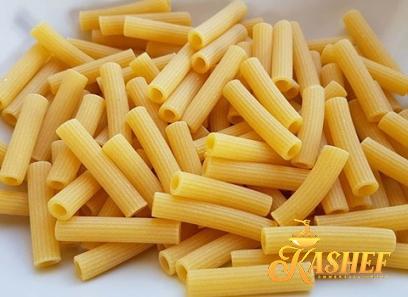
.
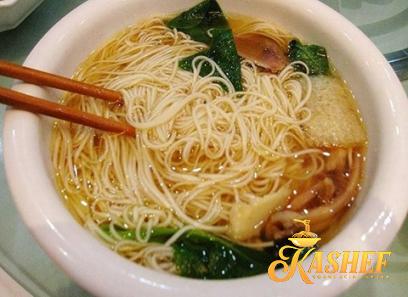 This means organic pasta is not only better for our health but also helps to preserve the environment by reducing the toxic load on the land and water. When it comes to taste and texture, organic pasta truly excels. The absence of chemical additives and preservatives allows the natural flavors of the grains to shine through, resulting in a richer and more authentic taste. Organic pasta also tends to have a slightly nuttier and earthier flavor compared to its conventional counterpart. Moreover, its texture is often praised for being firm, yet perfectly al dente when cooked to perfection. One of the main advantages of consuming organic pasta is the nutritional boost it provides.
This means organic pasta is not only better for our health but also helps to preserve the environment by reducing the toxic load on the land and water. When it comes to taste and texture, organic pasta truly excels. The absence of chemical additives and preservatives allows the natural flavors of the grains to shine through, resulting in a richer and more authentic taste. Organic pasta also tends to have a slightly nuttier and earthier flavor compared to its conventional counterpart. Moreover, its texture is often praised for being firm, yet perfectly al dente when cooked to perfection. One of the main advantages of consuming organic pasta is the nutritional boost it provides.
..
 Organic grains are grown in nutrient-rich soil, which enhances their overall nutritional profile. Organic pasta contains higher levels of vitamins, minerals, and antioxidants compared to its conventionally grown counterpart. Moreover, organic pasta is often made from whole grains, ensuring that the beneficial fiber content remains intact, which aids in digestion and maintaining a healthy weight. Organic pasta is also an excellent choice for those following specific dietary requirements or preferences. There are a plethora of options available, including gluten-free, whole wheat, spelt, rice, and quinoa-based organic pastas. These alternatives cater to individuals with gluten sensitivities or those looking to incorporate more diverse grains into their diet. Another reason to opt for organic pasta is its positive impact on sustainable farming practices.
Organic grains are grown in nutrient-rich soil, which enhances their overall nutritional profile. Organic pasta contains higher levels of vitamins, minerals, and antioxidants compared to its conventionally grown counterpart. Moreover, organic pasta is often made from whole grains, ensuring that the beneficial fiber content remains intact, which aids in digestion and maintaining a healthy weight. Organic pasta is also an excellent choice for those following specific dietary requirements or preferences. There are a plethora of options available, including gluten-free, whole wheat, spelt, rice, and quinoa-based organic pastas. These alternatives cater to individuals with gluten sensitivities or those looking to incorporate more diverse grains into their diet. Another reason to opt for organic pasta is its positive impact on sustainable farming practices.
…
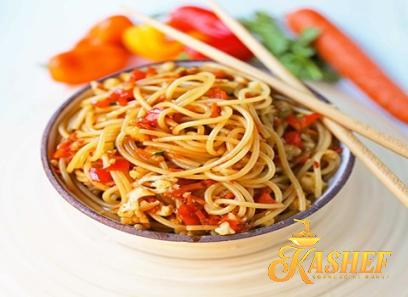 Organic farming methods prioritize soil health, biodiversity, and water conservation. By supporting organic agriculture, we contribute to the preservation of ecosystems, protect the health of farmers, and promote a more sustainable future for our planet. When it comes to cooking with organic pasta, the possibilities are endless. From classic dishes like spaghetti Bolognese and creamy carbonara to inventive creations such as roasted vegetable pasta salads and pesto-infused variations, organic pasta offers a versatile base that can elevate any recipe. In conclusion, organic pasta is a delicious, nutritious, and environmentally friendly choice. By opting for this sustainable alternative, we not only prioritize our own health but also support responsible farming practices. So why not give organic pasta a try and add a touch of wholesome goodness to your next meal?
Organic farming methods prioritize soil health, biodiversity, and water conservation. By supporting organic agriculture, we contribute to the preservation of ecosystems, protect the health of farmers, and promote a more sustainable future for our planet. When it comes to cooking with organic pasta, the possibilities are endless. From classic dishes like spaghetti Bolognese and creamy carbonara to inventive creations such as roasted vegetable pasta salads and pesto-infused variations, organic pasta offers a versatile base that can elevate any recipe. In conclusion, organic pasta is a delicious, nutritious, and environmentally friendly choice. By opting for this sustainable alternative, we not only prioritize our own health but also support responsible farming practices. So why not give organic pasta a try and add a touch of wholesome goodness to your next meal?
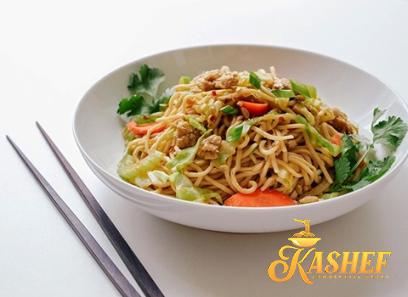

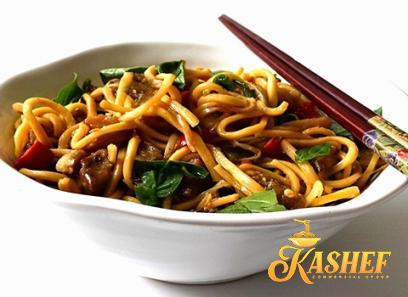
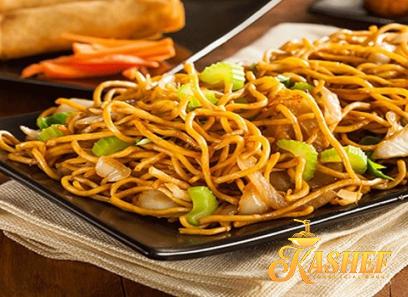
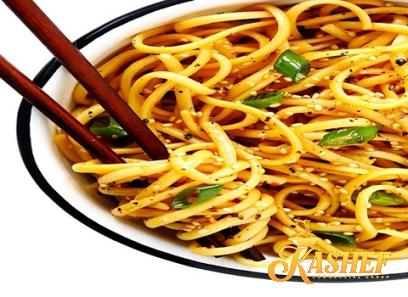



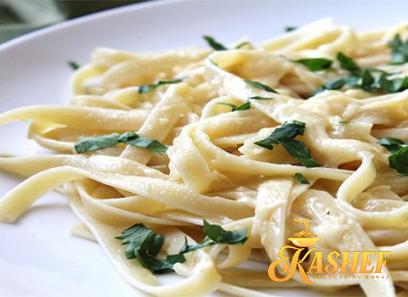

Your comment submitted.